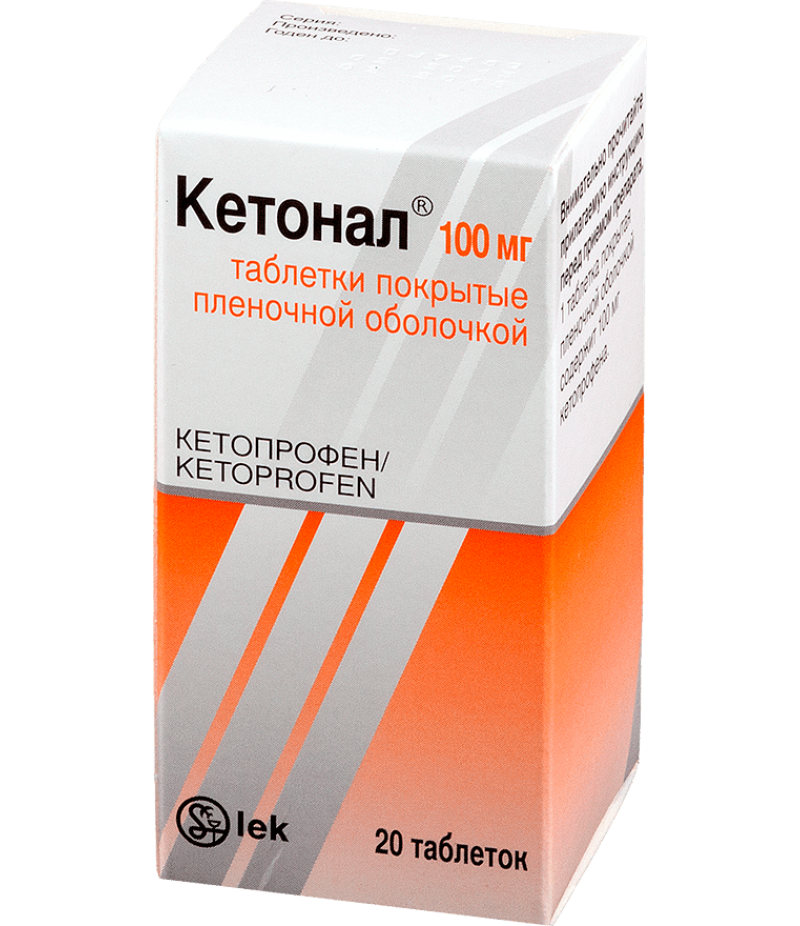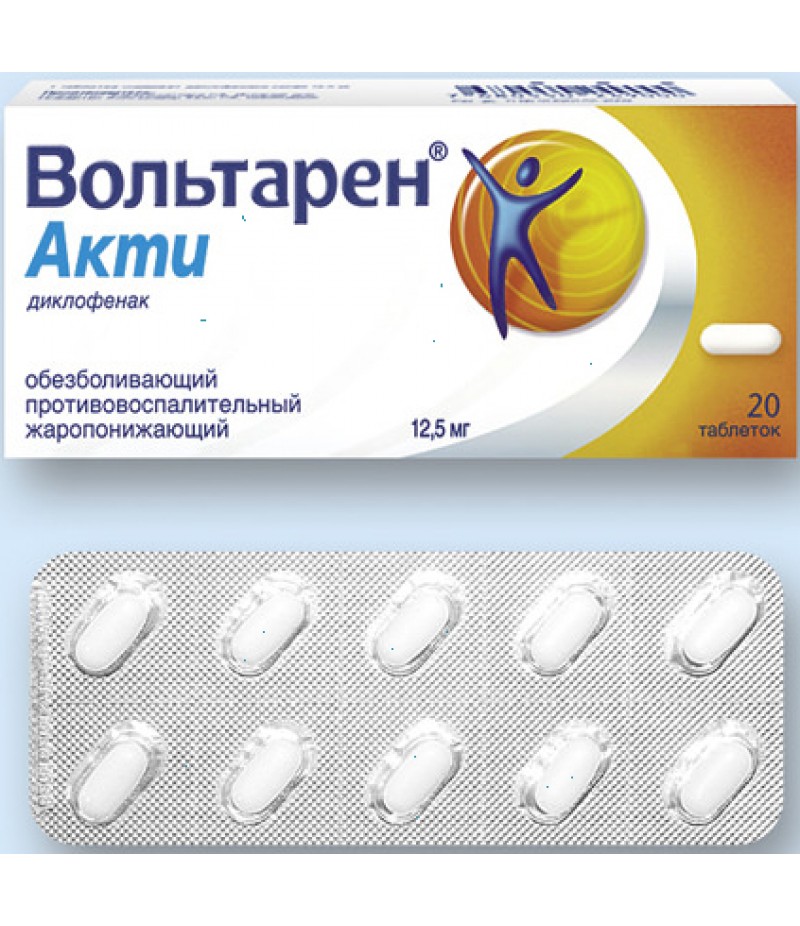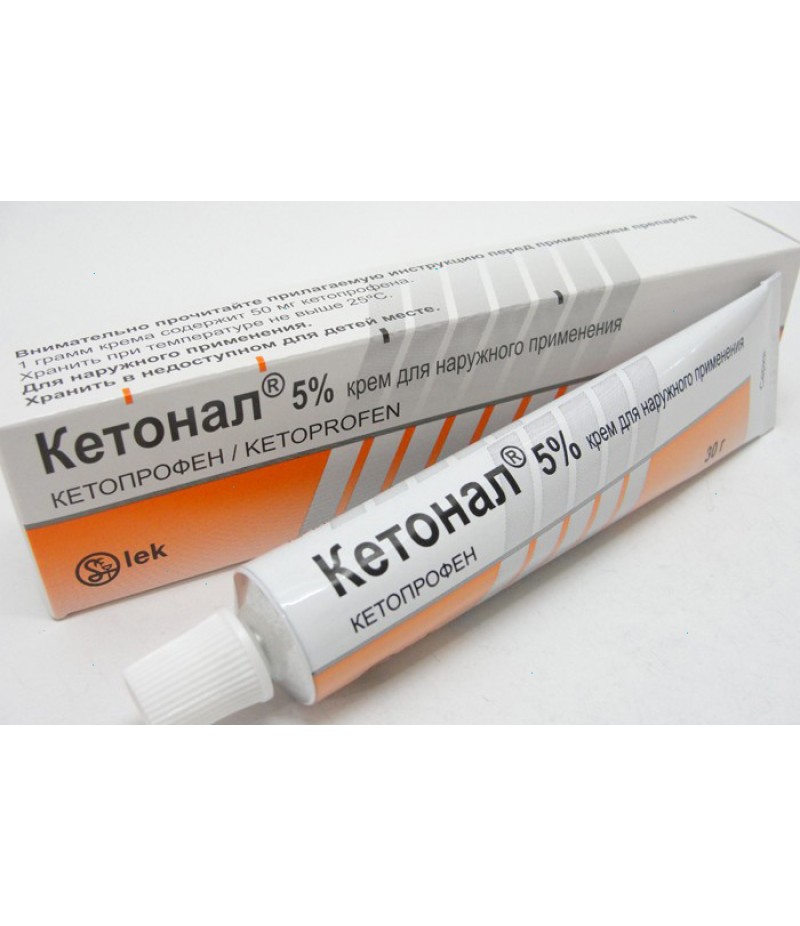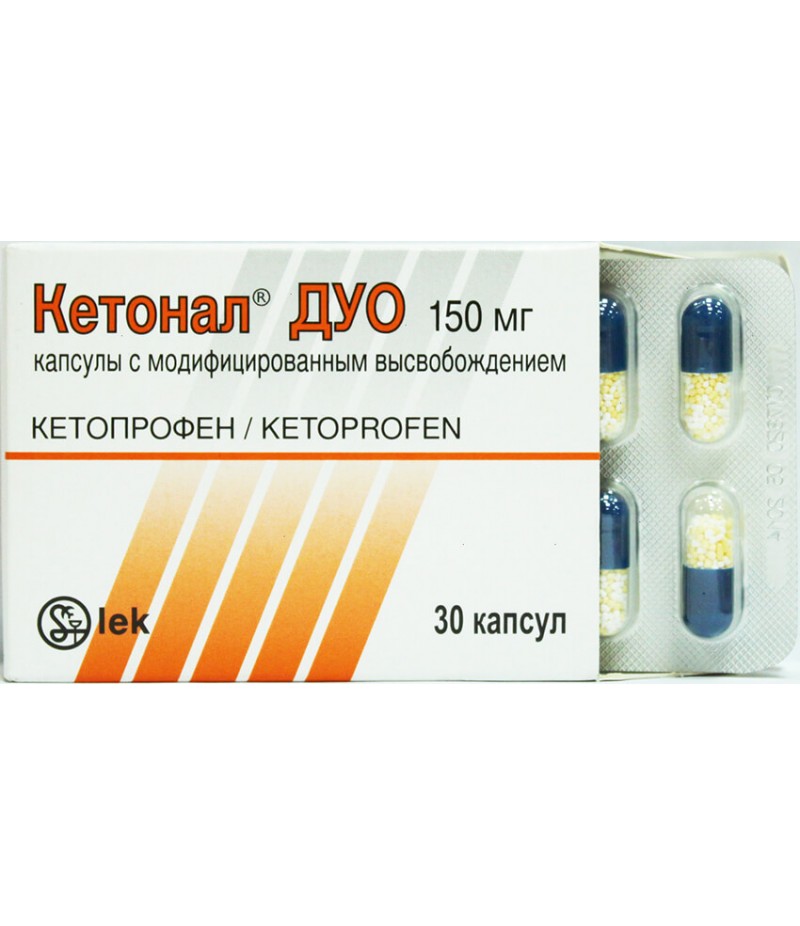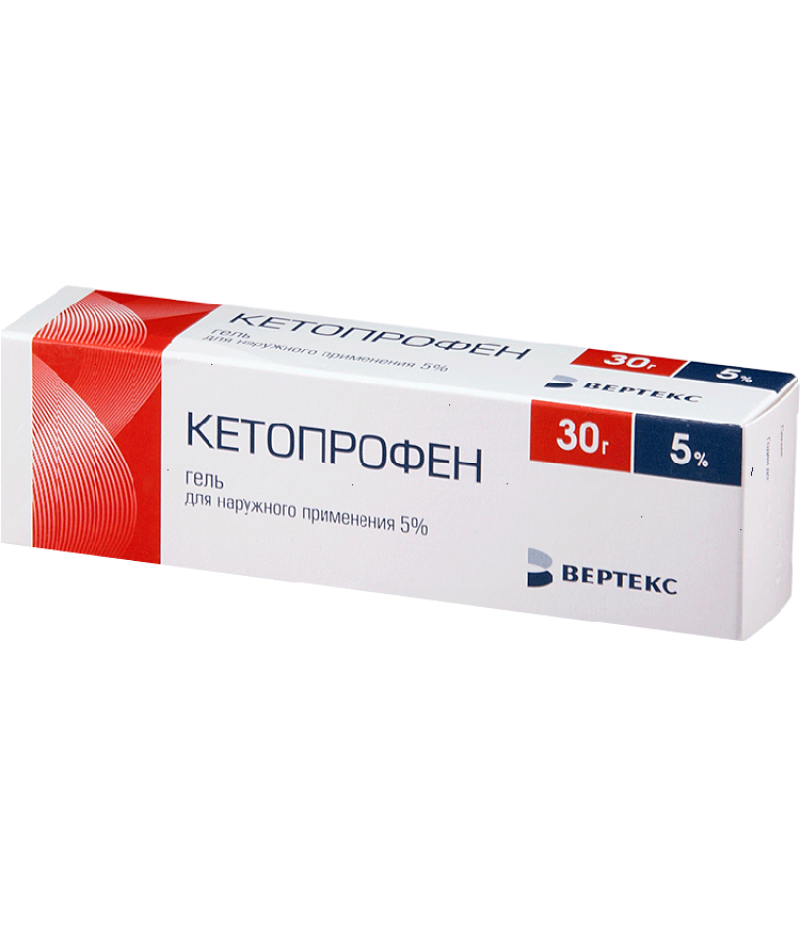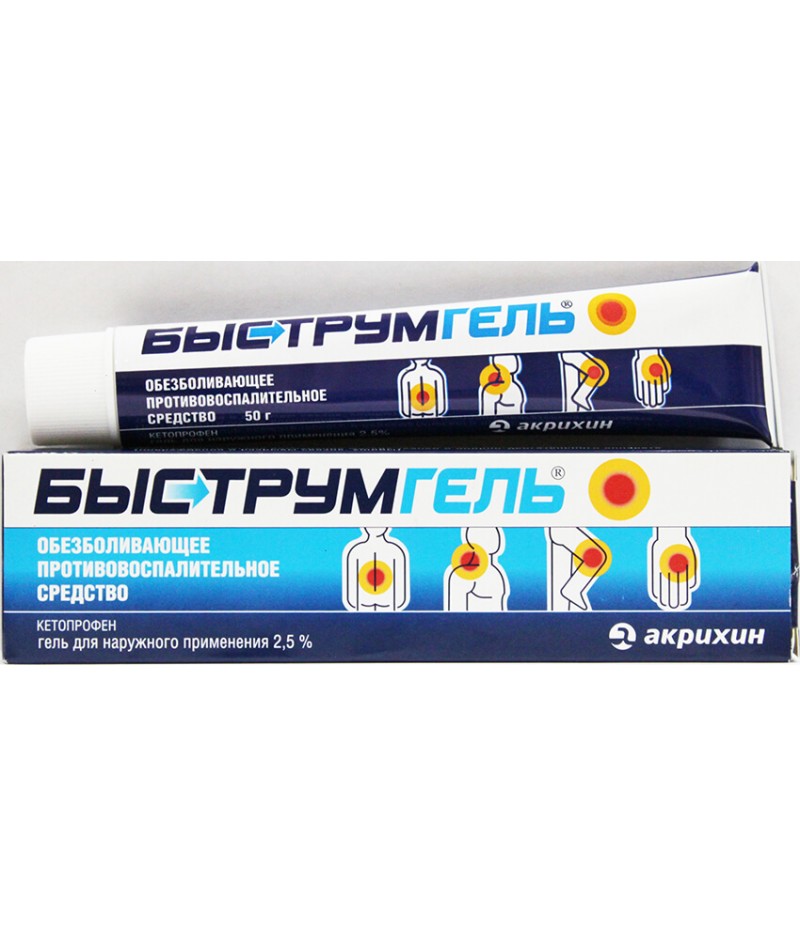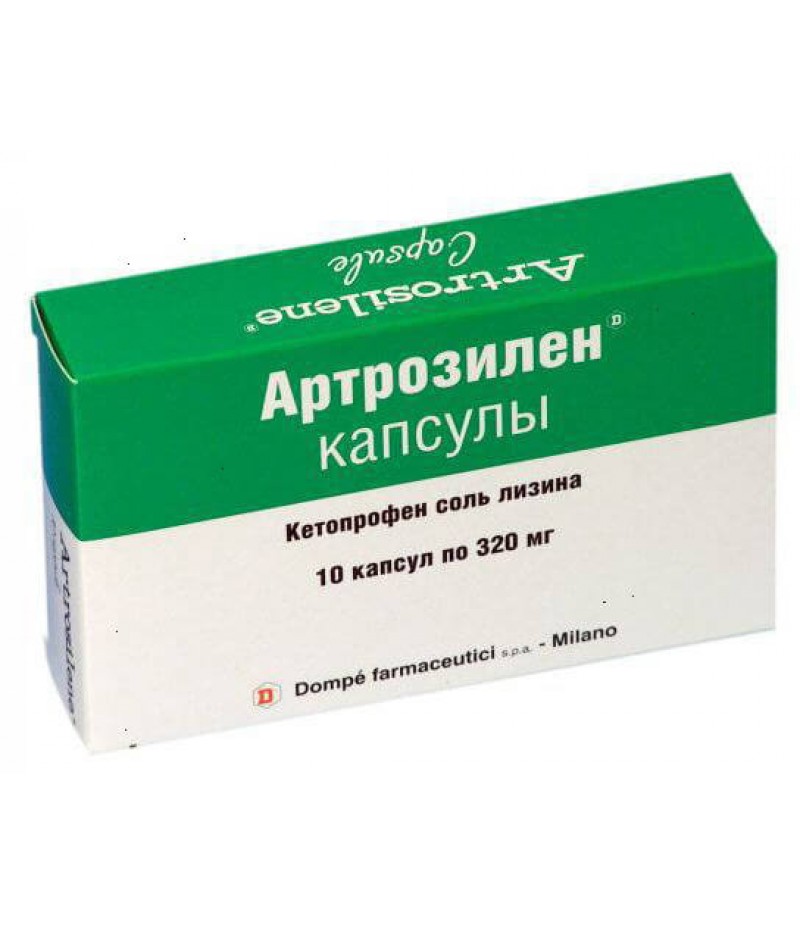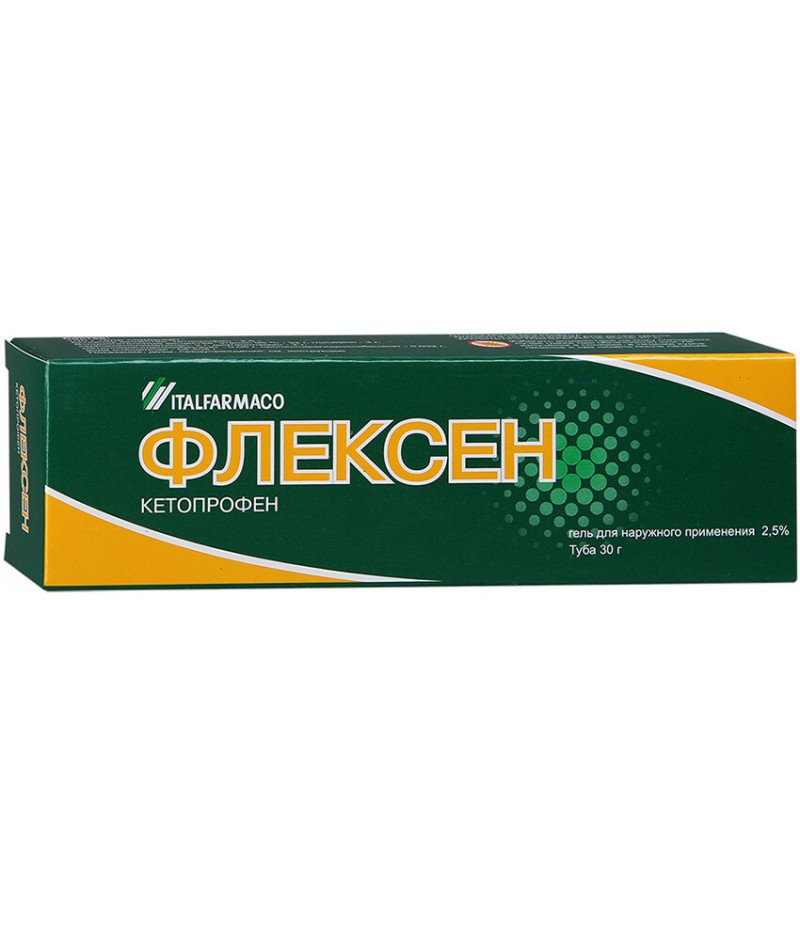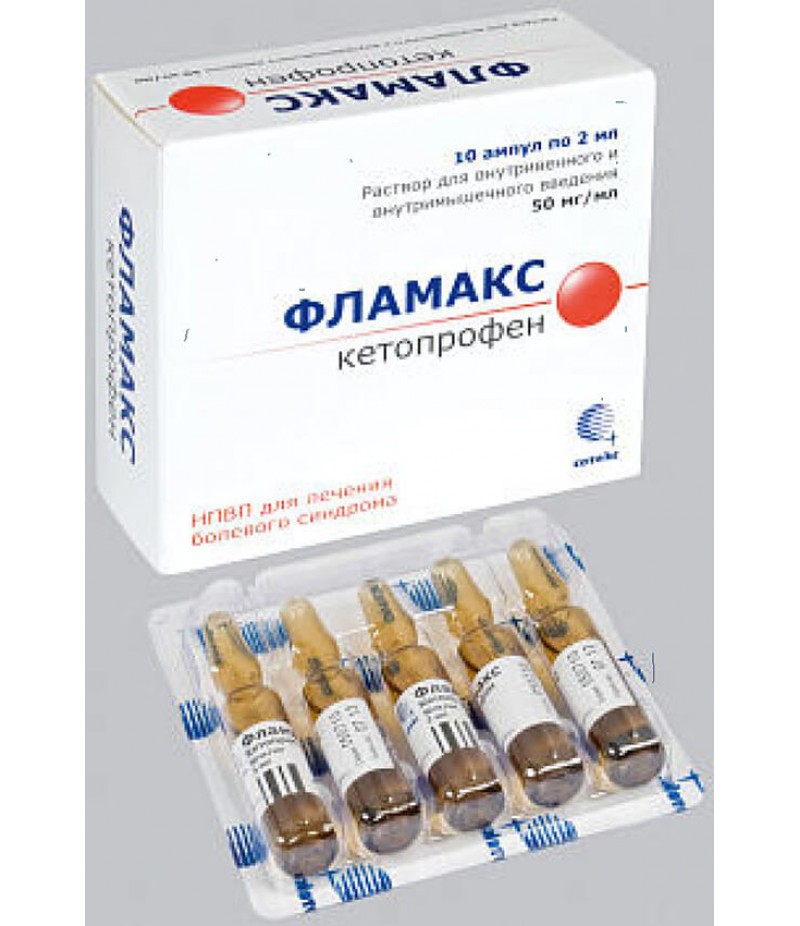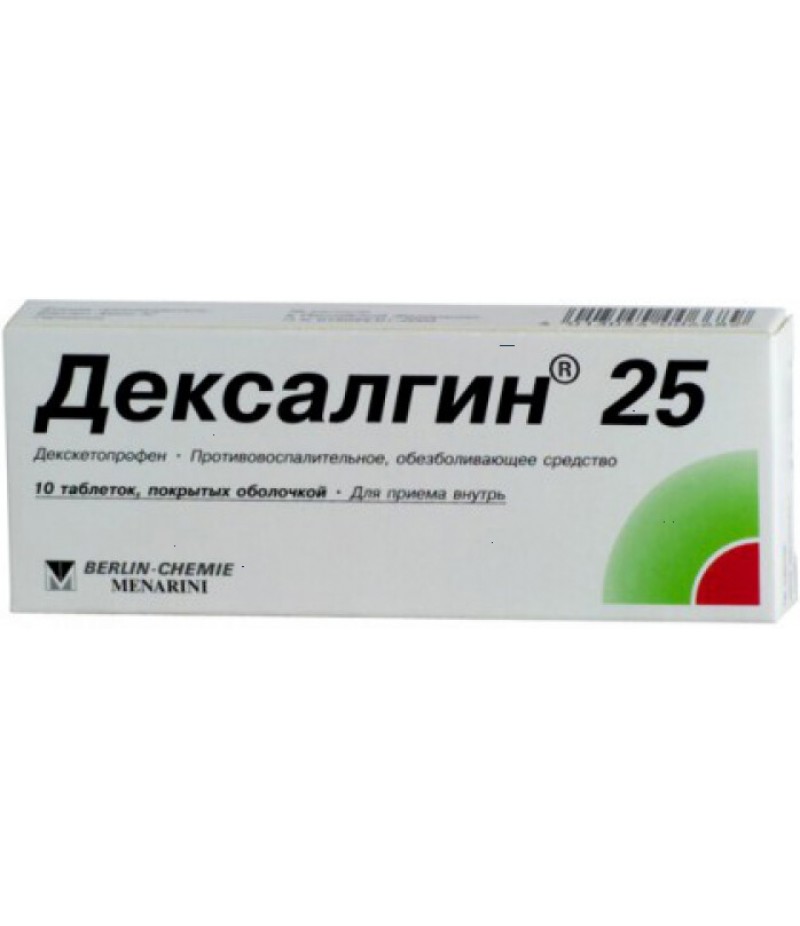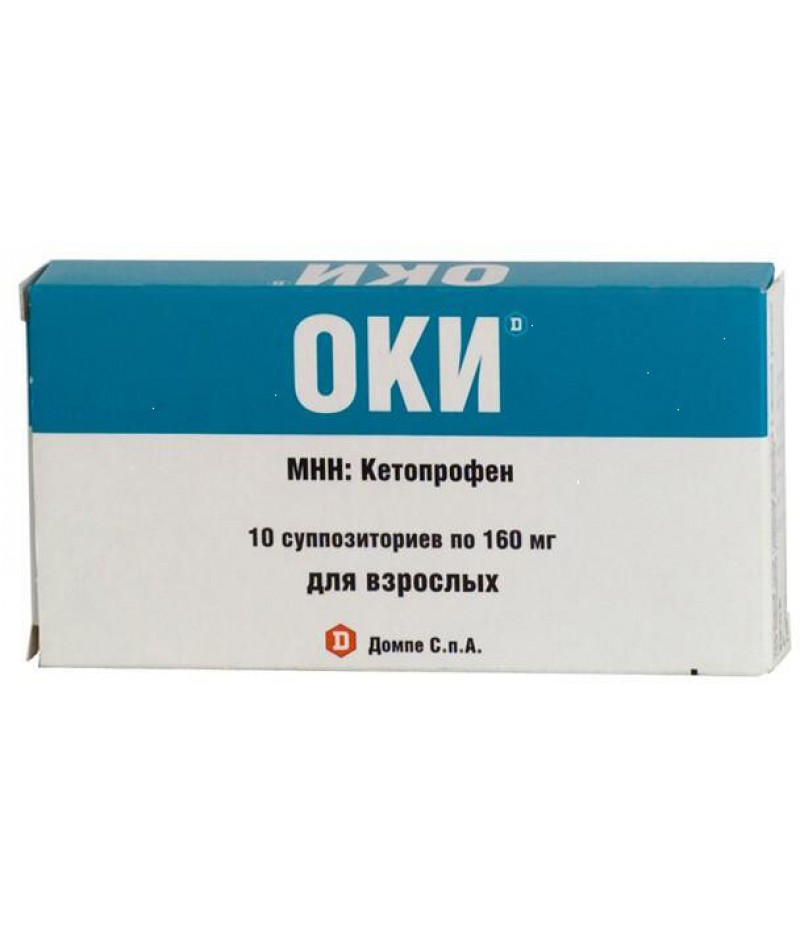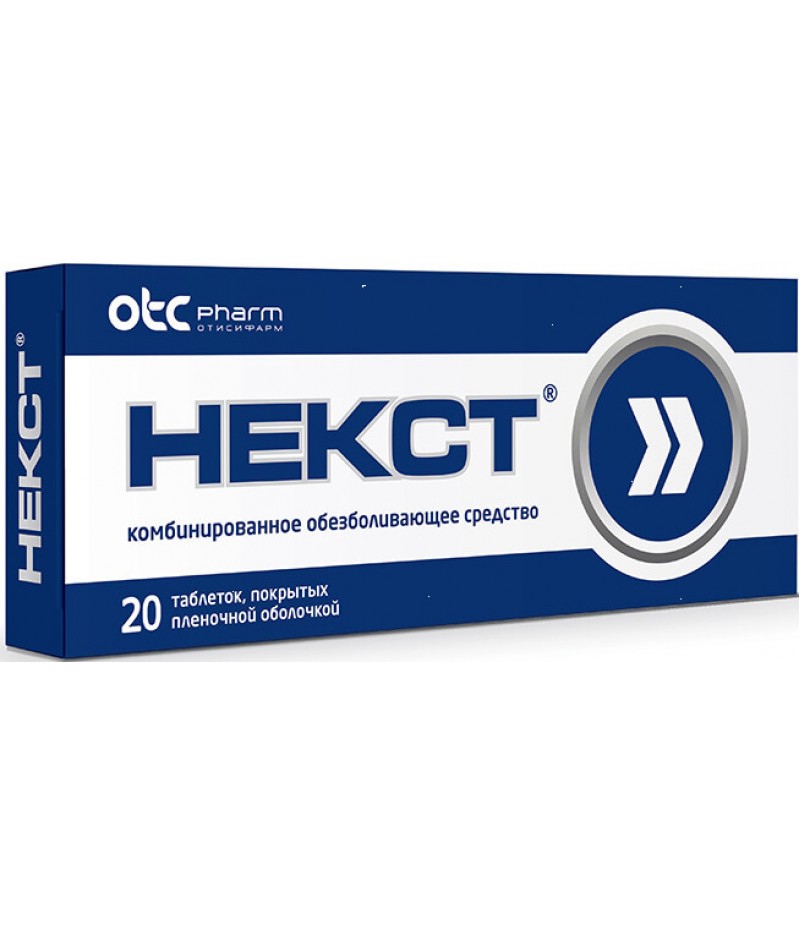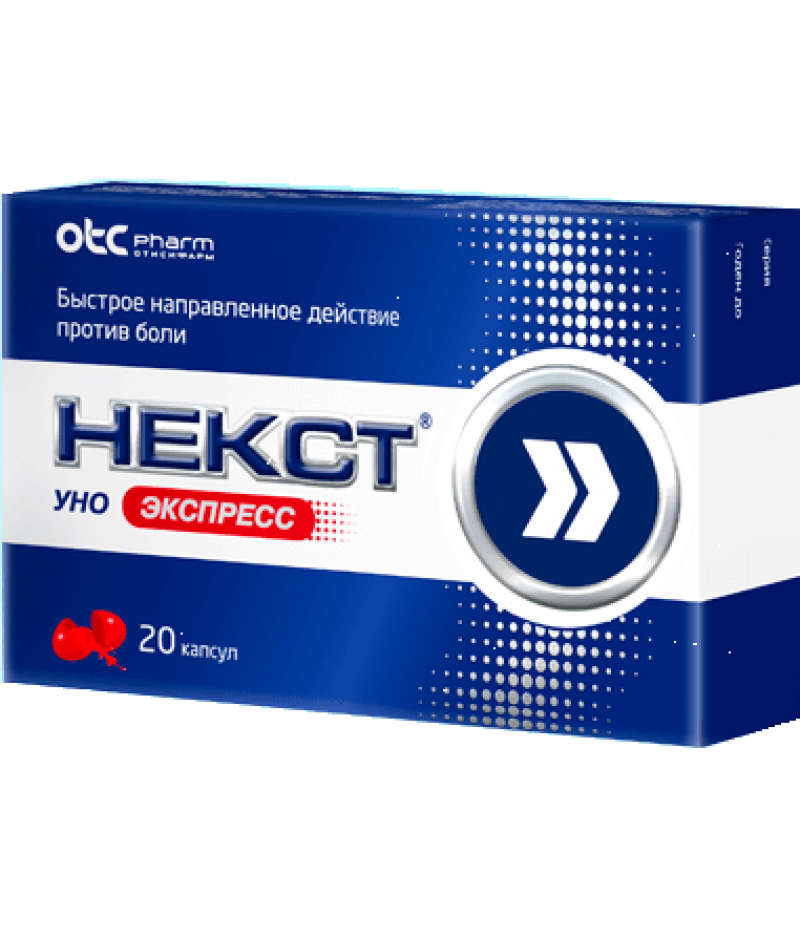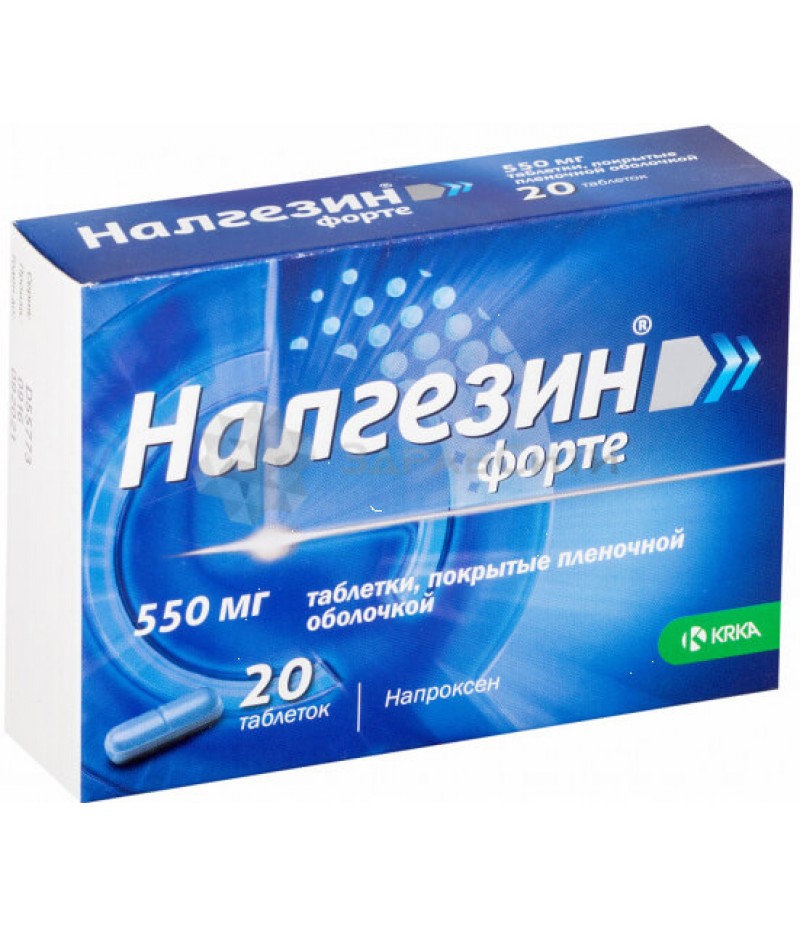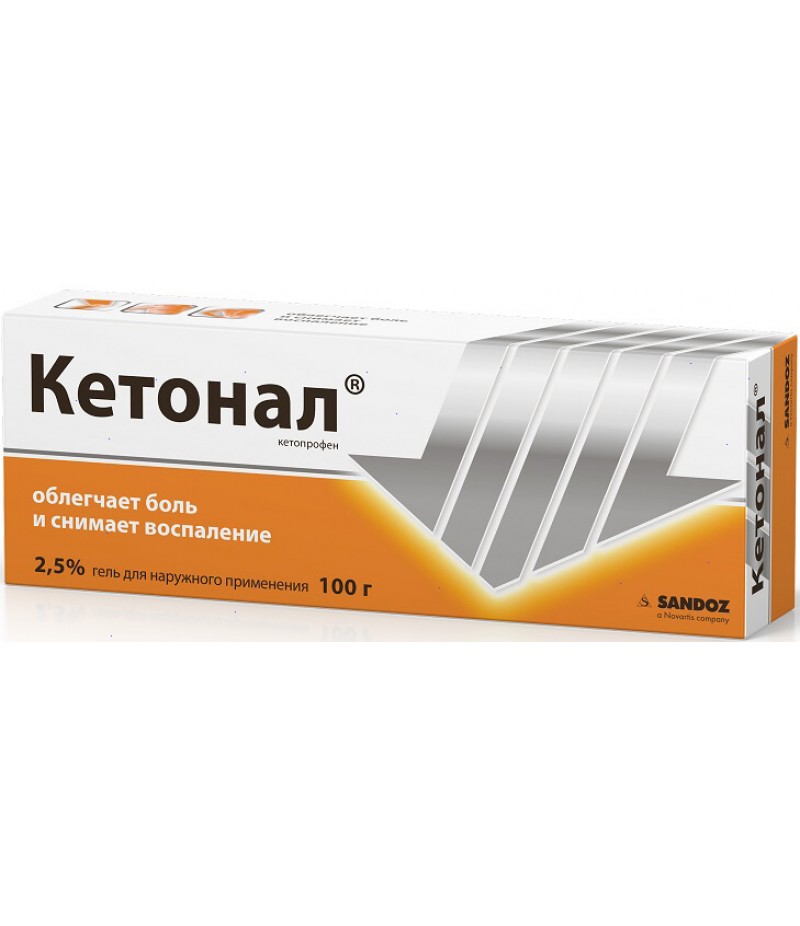Ketonal 100mg #20
- $12.90
- 3 or more $11.70
- Availability:In Stock
Ketonal instruction for useYou can buy Ketonal tabs on this pageKetonal tablets are a non-steroidal anti-inflammatory drug (NSAID) for the clinical and pharmacological group of medicines. They are used for symptomatic and pathogen..
Tags: tabs
Ketonal instruction for use
You can buy Ketonal tabs on this page
Ketonal tablets are a non-steroidal anti-inflammatory drug (NSAID) for the clinical and pharmacological group of medicines. They are used for symptomatic and pathogenetic treatment of inflammatory pathology, accompanied by pain syndrome.
Form of issue and composition
Ketonal tablets have a round shape, biconvex surface, light blue (for a dosage of 100 mg) or white (for a dosage of 150 mg) color. The main active substance of the drug is ketoprofen, its content in one tablet is 100 and 150 mg. It also includes auxiliary components, which include:
Colloidal silicon dioxide.
Titanium dioxide.
Talc.
Microcrystalline cellulose.
Povidone.
Hypromellose.
Tablets are packaged in a glass dark bottle in an amount of 20 pieces. Cardboard pack contains one bottle with tablets and instructions for use.
pharmachologic effect
The main active substance of tablets Ketonal ketoprofen is a chemical derivative of propionic acid. It suppresses the activity of the enzyme cycloxygenase (COX) and partially lipoxygenase, which catalyze the chemical conversion of arachidonic acid to inflammatory mediators of prostaglandins and bradykinin. These mediators of the inflammatory reaction are biologically active compounds. With the increase in their concentration in the tissues, pain develops, due to direct stimulation of sensitive nerve endings, edema (the release of blood plasma into the intercellular substance provoked by increased vascular wall permeability), as well as hyperemia (increased blood filling of the vessels of the inflammation region). By suppressing COX and lipoxygenase ketoprofen, the concentration of prostaglandins, bradykinin and the severity of manifestations of the inflammatory reaction is reduced. The active substance of Ketonal tablets does not adversely affect the condition and structure of the cartilaginous tissue.
After taking the Ketonal pill inside, ketoprofen quickly and almost completely absorbed into the blood from the digestive tract. It is evenly distributed in the tissues of the body, with the predominant accumulation in the structures of the musculoskeletal system. The active substance of the drug in the liver is metabolized with the formation of inactive decay products, which are excreted from the body mainly with urine. The half-life (the time of excretion from the body of half of the entire dose of the drug) is an average of 2 hours.
Indications for use
Admission of tablets Ketonal is indicated for various inflammatory pathologies, which is accompanied by the development of pain syndrome:
Rheumatoid arthritis is an autoimmune inflammation of joint tissues, caused by a malfunction in the work of immunity and the formation of antibodies to them.
Osteoarthrosis is a degenerative-dystrophic inflammation caused by eating disorders and destruction of cartilage of joints.
Gout is an exchange disorder that is characterized by the deposition of uric acid salts in joint tissues with their inflammation and the appearance of severe paroxysmal pain.
Various seronegative arthritis is an inflammatory process of the joints without the presence of antibodies to them in the blood (Bechterew's disease, reactive arthritis, Reiter's syndrome, psoriatic arthritis).
Headache of different origin and intensity.
Algodismenorea is a painful menstruation in women.
Bursitis - inflammation of the periarticular bag.
Tendonitis is an inflammatory process in ligaments.
Myalgia is an aseptic (noninfectious) inflammation of skeletal striated muscles with painful sensations in them.
Neuralgia is an aseptic inflammation of the peripheral nerves.
Post-traumatic or post-operative pain syndrome.
Ketonal tablets are also used to reduce the intensity of pain in cancerous pathology.
Contraindications
There are a number of pathological and physiological conditions of the body, in which the use of Ketonal tablets is not recommended. These include:
Individual intolerance to ketoprofen or ancillary components of the drug.
The presence in the past of the syndrome of the "aspirin triad", which consists in the development of bronchospasm (narrowing of the lumen of the bronchi), polyposis of the nose (the formation of polyps in the nose) and intolerance to acetylsalicylic acid (representative of the group of nonsteroidal anti-inflammatory drugs).
A peptic ulcer with ulcer localization in the stomach or duodenum at the stage of relapse (exacerbation).
Nonspecific ulcerative colitis and Crohn's disease is a chronic pathology in which defects are formed in the mucosa of the large intestine.
Pronounced renal or hepatic impairment with a significant decrease in the functional activity of these organs.
Various disorders of blood clotting, including hemophilia.
Bleeding of various localizations in the body, primarily the drug is contraindicated in gastrointestinal and intracranial hemorrhages, as well as suspected of their development.
Acute or decompensated chronic heart failure.
Chronic dyspepsia is a functional disturbance of the digestive system, accompanied by a deterioration in the digestion and absorption of food.
Postoperative period after the operation of aortocoronary shunting (CABG).
Children under the age of 15 years.
Pregnancy in the third trimester of her course, as well as breastfeeding.
With caution the drug is used for peptic ulcer in remission (clinico-laboratory improvement), hepatic, renal insufficiency of mild and moderate severity, hyperbilirubinemia (increased bilirubin level in the blood), chronic heart failure in the stage of compensation, smoking, concomitant treatment of the patient with anticoagulants drugs that reduce blood coagulability) of direct action. Before starting taking Ketonal tablets, it is important to make sure that there are no contraindications to exclude the development of various complications.
Dosing and Administration
Ketonal tablets are taken orally after meals. They are not chewed and washed down with a sufficient amount of water or milk (the volume of the liquid must be at least 100 ml). Dosage for adults and children over 15 years is 1 tablet (100 mg) 2 times a day or 1 tablet (150 mg) once a day. The duration of taking the tablets is determined by a decrease in the intensity of the pain syndrome, but should not exceed 5 consecutive days. If it is necessary to continue taking the pills, it is important to consult a doctor.
Side effect
Taking Ketonal Tablets may be accompanied by the development of negative reactions from various organs and systems, which include:
The digestive system - dyspeptic phenomena in the form of nausea, periodic vomiting, unstable stool, as well as abdominal pain in the epigastric region (upper abdomen). Less common can be stomatitis (inflammation of the oral mucosa), dry mouth, perforation of the stomach or duodenal wall in the area of ulcer or erosion, gastrointestinal bleeding, exacerbation of Crohn's disease, transitory (transient) increase in hepatic activity enzymes in the blood (ALT, AST), indicating damage to liver cells.
Central and peripheral nervous system - headache, dizziness, sleep disturbance (drowsiness, insomnia, nightmares), fatigue, irritability, nervousness. Less common are migraine, disorientation in time and space, hallucinations.
Sensory organs - noise in the ears, indistinctness of visual perception, changes in taste sensations, conjunctivitis (inflammation of the conjunctiva of the eyes).
Cardiovascular system - tachycardia (rapidity of heart contractions), arterial hypertension (increase in blood pressure), the appearance of peripheral edema.
Urinary system - interstitial nephritis (inflammation of the kidneys), impaired functional activity of the kidneys, hematuria (the appearance of blood in the urine).
Red bone marrow and blood - reducing blood clotting by reducing the possibility of platelets to aggregate (gluing). Less frequent is the decrease in the number of platelets (thrombocytopenia) and neutrophils (neutropenia) in the blood.
Allergic reactions - often develop a rash on the skin, its itching, urticaria (a characteristic rash that resembles a nettle burn). Less common can be bronchospasm, allergic rhinitis (specific inflammation of the nasal mucosa), angioedema Quincke (the exit of blood plasma into the facial tissues and external genital organs with the development of pronounced edema), anaphylactic shock (the development of multi-organ failure in the background of lowering blood pressure).
The development of any of the side effects after starting the use of Ketonal tablets is the basis for stopping their intake.
special instructions
Before using the drug, you should carefully read the instructions to it. There are several special instructions that need to be paid attention to, they include:
To reduce the negative effect of the drug on the mucous membrane of the upper parts of the digestive tract, after taking the pill it can be washed down with milk or combined with antacid preparations that reduce the acidity of the gastric juice.
The drug can reduce the severity of the symptoms of infectious diseases, which must be taken into account during the diagnostic activities.
When using tablets for patients with concomitant cardiovascular pathology or hypertensive disease (prolonged increase in blood pressure), it is important to periodically monitor blood pressure.
Prolonged administration of Ketonal tablets requires periodic monitoring of laboratory parameters of the functional state of the liver, kidneys and blood system.
The concurrent use of other medications can lead to interaction with Ketonal tablets and change the therapeutic effect.
The drug does not directly affect the functional activity of the structures of the central nervous system, however, when performing work that involves the need for increased concentration of attention and speed of psychomotor reactions, care should be taken in view of the possible development of side effects.
In the pharmacy chain Ketonal tablets are dispensed on prescription. Excludes their independent reception or application on the recommendation of third parties.
Overdose
Exceeding the recommended therapeutic dose of Ketonal Tablets is accompanied by nausea, vomiting, abdominal pain, gastrointestinal bleeding, a violation of consciousness until its complete absence, respiratory depression, seizures. In such cases, rinsing of the stomach, intestines, reception of activated charcoal and symptomatic therapy aimed at eliminating symptoms of an overdose are applied.
Terms and conditions of storage
The shelf life of Ketonal tablets is 5 years from the date of manufacture, they must be stored in a dry place inaccessible to children at an air temperature not exceeding + 25 ° C.

